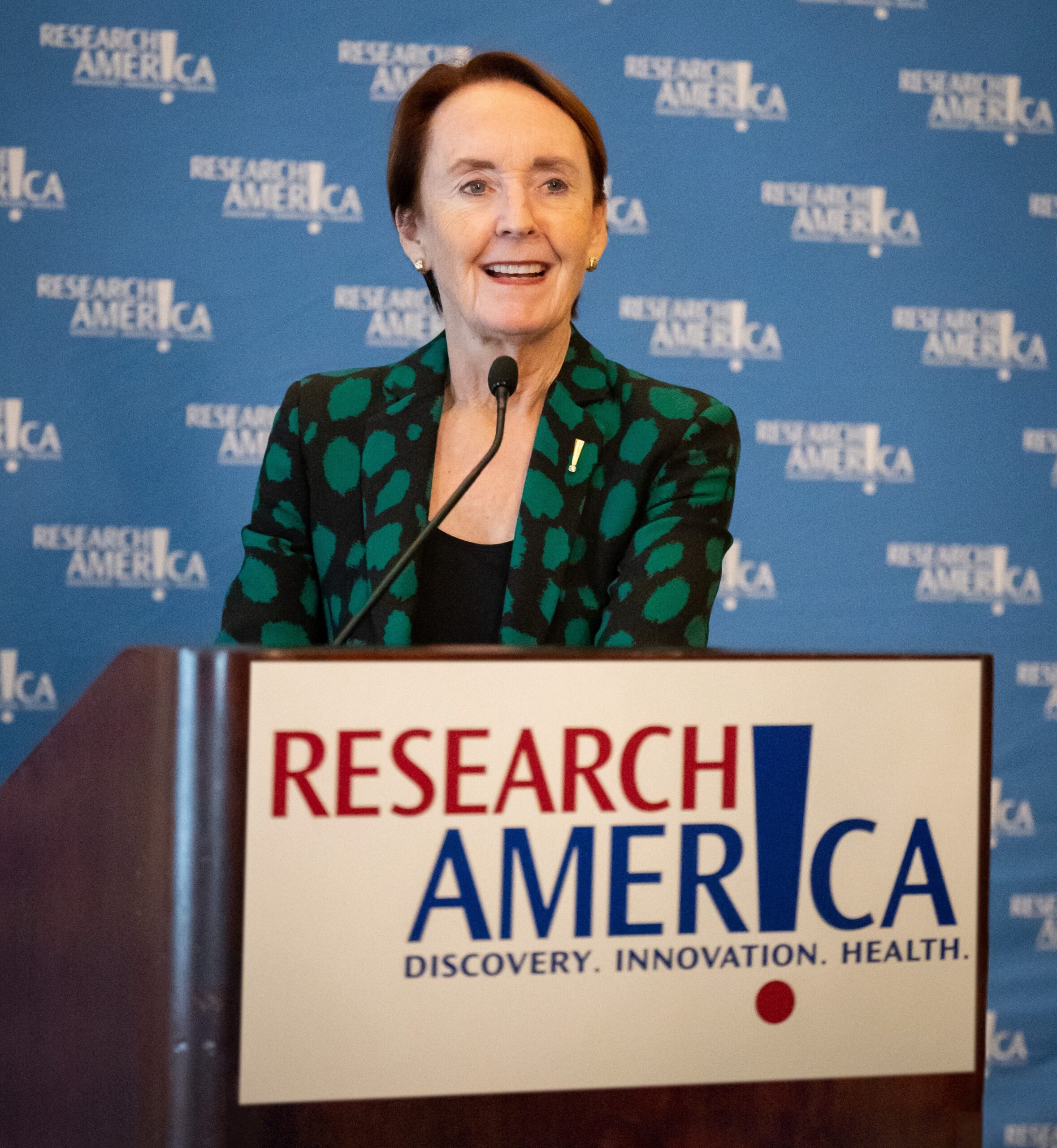Staying Safe

Our theme today is drawn from our accustomed sign-off line, especially timely given the devastation wrought by hurricanes Helene and Milton. Among our thoughts as we express concern and solidarity with those affected by these twin disasters is that governments matter; be they local, state, or federal. We depend on them in times of crisis even if we take them for granted – or disparage them – when we don’t personally require their help. Our nation needs good people serving as first responders and in FEMA, in county and state agencies, and more – as well as people in public office to make policies and allocate tax dollars to meet community needs. Three weeks before an election seems a good time to thank those who are serving and those who have put themselves forward to do so. It’s not an easy job to be an elected official. As much as we may disagree, we must honor those who seek to serve.
Advocacy Now: Speaking of the election, there is still time to engage candidates. As a research advocate, you can remind candidates how critically important medical, health, and scientific research is to finding the solutions to what ails us, from our personal health and that of our communities, to our nation’s defense, security, and economic health. Research!America can help: see our Candidate Engagement Toolkit, which includes sample social media posts and key questions to ask at campaign gatherings. Explore more resources on our 2024 election webpage!
Post-Election Implications: On the heels of the election, we are hosting a briefing on Nov. 13 at 10:30 a.m. at the American Association for the Advancement of Science (AAAS) in Washington, D.C., to discuss how the results may impact medical and other scientific research moving forward. The discussion will begin at 11 a.m. followed by a networking reception from 12:15 p.m.-1 p.m. Stay tuned for more details, including registration.
Nobel Week: This is Nobel Prize Week, including the announcement of the world’s most prestigious awards in medical and scientific research, a perfect time to reflect on how research, innovation, and perseverance are the keys to human progress. The prizes are also a testament to the enormous catalytic power of federal research investment. Victor Ambros and Gary Ruvkun are co-winners of the 2024 Nobel Prize in Physiology or Medicine for their discovery of an RNA molecule that plays a key role in gene regulation. The NIH supported the research of both men, and the NSF supported Ambros. John J. Hopfield and Geoffrey E. Hinton are co-winners of the 2024 Nobel Prize in Physics for their work on machine learning, a subfield of artificial intelligence. The NSF supported their research in the 1980s. David Baker, Demis Hassabis, and John Jumper are co-winners of 2024 Nobel Prize in Chemistry for their work in deciphering the code of proteins. Baker’s research has been supported by the NIH. We congratulate all the awardees and look forward to the many ways they will inspire future generations to lead in medical, health, and other scientific research.
S&T Insights: It is well worth your time to read the edited version of former board member Dario Gil’s inaugural address, Connected Horizons: New Opportunities in a Changed Landscape, as Chair of the National Science Board. He outlines the changes in the nation’s S&T landscape over time and the bold path forward necessary to meet the needs of the 21st Century. Further reinforcing the call for bold leadership, Neal F. Lane and Ramamoorthy Ramesh have co-authored Restore America’s Leadership in Science and Technology, for Rice University’s Baker Institute for Public Policy. The brief, in part, calls on the next administration to make investments in science initiatives a priority. Both reports are very well aligned with the new initiative of the Science and Technology Action Committee, to formulate a Vision for American Science and Technology (VAST) to maintain U.S leadership in S&T. VAST is bringing together prominent leaders across the S&T ecosystem to create bold but actionable recommendations to inform both policymakers and advocates.
Civic Science and STEMM Education: Research!America convened the Public Engagement Working Group to advise us on actions needed to integrate public engagement and civic science training into graduate STEMM education. Led by co-chairs Alan Leshner, CEO Emeritus of AAAS, and Keith Yamamoto, Professor Emeritus and Vice Chancellor for Science Policy and Strategy at UCSF, the group engaged leaders from academia and philanthropy. With input and advice from the group, we have developed recommendations for academic institutions, federal funders, and foundations. These concrete steps, described in a strategic document, will help ensure that all STEMM trainees have access to public engagement training. We thank the Rita Allen Foundation for its generous support and the working group members for their valuable contributions. Please take a look and let Jenny Luray know your thoughts.
Public Engagement Training Content Microgrants: Research!America has launched a new category of microgrants, generously funded by the Lasker Foundation. Five awards of $5,000 each will fund open-access curriculum development in science communication and other public engagement skills. These awards are open to PhD candidates, post-docs, professional degree candidates, and junior faculty in STEMM and STEMM-adjacent fields. The application portal is open now through Nov. 4.
NCATS Discussion: Join us for an alliance discussion with Dr. Joni Rutter, Director of the National Center for Advancing Translational Sciences (NCATS) of the NIH, on Oct. 15 at 11 a.m. ET. Dr. Rutter will share exciting advances in the field of translational science and how they are turning promising research discoveries into real-world applications that improve health outcomes. Don’t miss this opportunity to engage with a leader who is working to improve the bench-to-bedside journey. Register here.
Stay well, stay safe, and stay connected.




